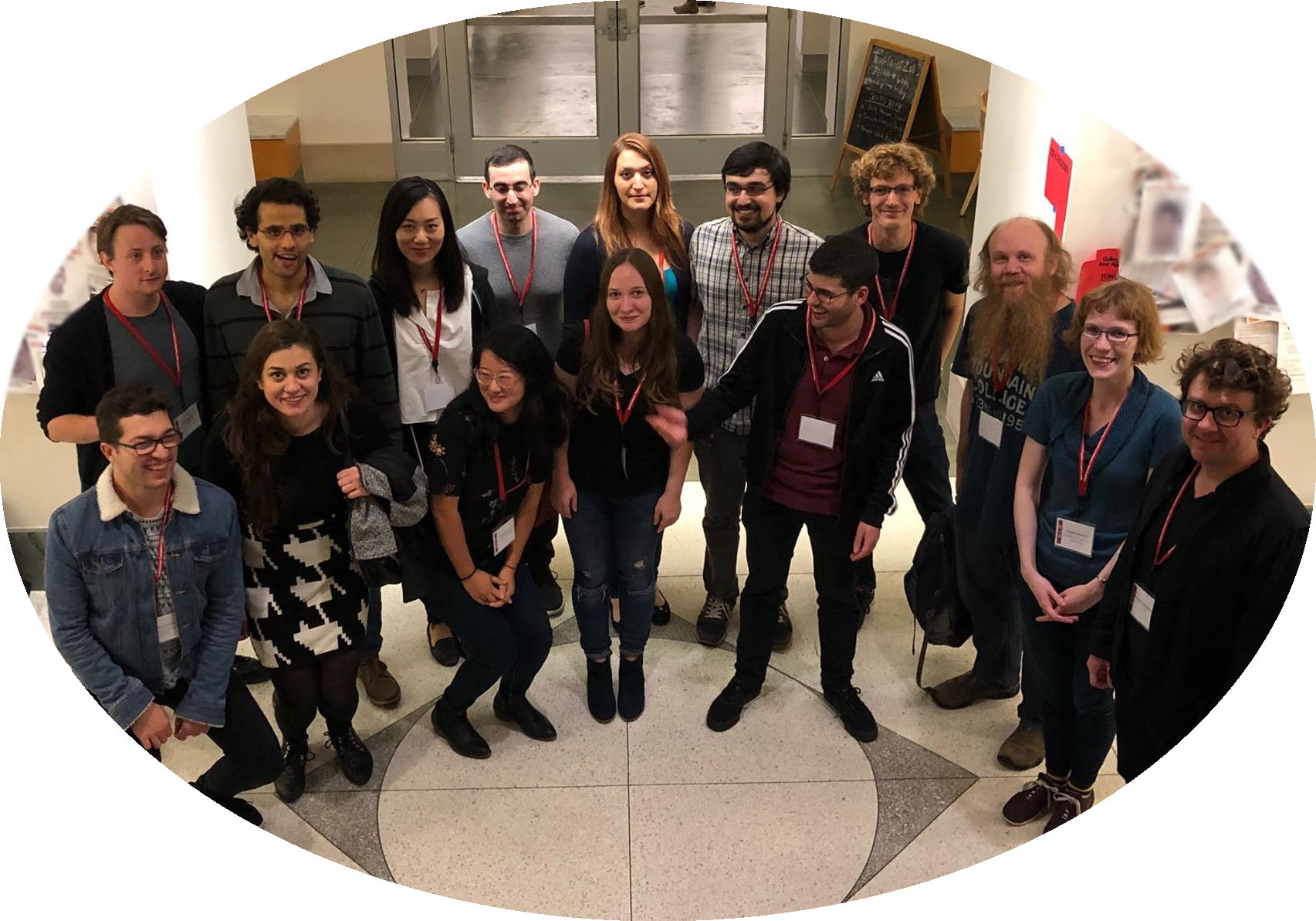This year, NELS took place at Cornell University, from October 5th to 7th. MIT was well represented with talks and posters by currents students and faculty:
- Danfeng Wu (3rd year), A copy-based approach to either in either … or … sentences
- Frank Staniszewski (3rd year), Wanting, acquiescing and neg-raising
- Carolyn Spadine (5th year), Control in illocutionary adjuncts as a diagnostic for discourse arguments
- Luis Alonso-Ovalle and Vincent Rouillard (2nd year), Number inflection, Spanish bare interrogatives and higher-order quantification
- Norvin Richards (faculty), Detecting contiguity-prominence
- Maša Močnik (4th year), Existential belief and embedded epistemic modals
- Suzana Fong (4th year), Spec-CP as an A-position: an argument from Mongolian
- Naomi Francis (5th year), Imperatives under even
- Ömer Demirok (5th year), Deniz Ozyildiz and Balkiz Ozturk, Complementizers in Laz are attitude-sensitive
- Colin Davis (4th year), Possessor extraction in English
- Keny Chatain (3rd year), Wide-scope distributivity
- Tanya Bondarenko (2nd year) and Colin Davis (4th year), Parasitic gaps diagnose concealed pied-piping in Russian
- Itai Bassi (4th year), Fake Indexicals are not so fake: on the grammar of variable binding
- Rafael Abramovitz (4th year), Successive-cyclic wh-movement feeds dependent case competition
Recent and less recent alums were also presenting papers and posters: Michelle Yuan (UChicago), Ezer Rasin (Leipzig University), Benjamin Bruening (University of Delaware), Julie Legate (UPenn), Karlos Arregi (UChicago), Hadas Kotek (Yale).
 MIT participants couldn’t be taken a proper picture of (credit: Rajesh Bhatt)
MIT participants couldn’t be taken a proper picture of (credit: Rajesh Bhatt)